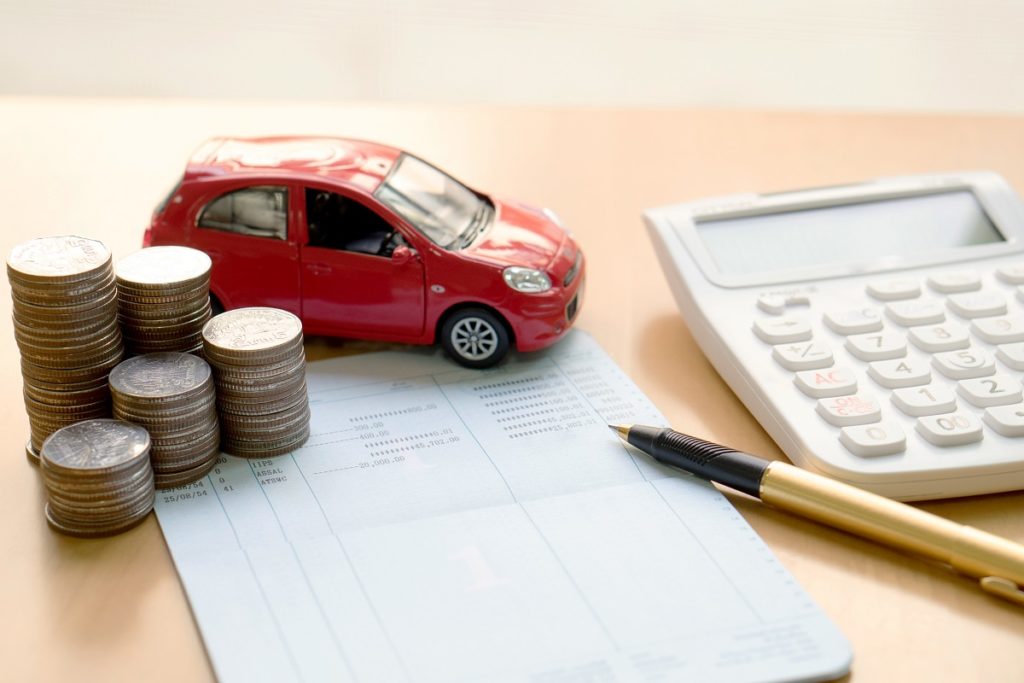Crashing the company car is a driver’s worst nightmare. In some cases, the driver who is at fault is automatically accountable for any damages caused by the accident. However, determining liability isn’t always that simple.
When is the employer liable?
Under the doctrine of vicarious liability, an employer can be held responsible for a collision caused by an employee given that:
- The collision occurred while the employee was working
- The employee’s actions were performed within the scope of employment
- The employer benefited from the task being performed by the employee when the collision happened
In simpler terms, the company can be held responsible as long as the accident occurred while an employee was driving a company vehicle or using their personal car to perform a task related to their job.
In cases where the employer is found responsible for the vehicular incident, their company insurance policy will usually pay for damages to any third party injured during the collision. A third party could be any passenger or driver in a different vehicle, a passenger in the company vehicle, and any pedestrians hurt during the incident.
The employer’s insurance may cover the following damages:
- Lost wages
- Medical bills
- Emotion pain and suffering
- Out-of-pocket expenses including crutches, bandages, and other items required as part of treatment
In situations where the employer is liable, the aggrieved driver must seek an experienced personal injury lawyer. An attorney would understand state-specific laws and help determine if the employee is entitled to monetary compensation.

When is the employee liable?
You may be considered responsible for a vehicular accident if:
- You were fulfilling personal errands at the time of the accident
- You were committing a felonious act at the time of the collision
Additionally, accidents during commute, even when done in a company car, don’t fall under the scope of vicarious liability. This is because commutes don’t fall under one’s employment.
If you’re found to be liable for the accident, vehicle damage and medical bills will be covered by your insurance and not your employer’s.
Injuries caused by a third party
If you get hurt due to an accident caused by the negligence of another driver, you have two opportunities to collect compensation.
Firstly, you may be able to claim workers’ compensation benefits given that the incident happened during work hours. Secondly, you may file a lawsuit and receive fair compensation from the negligent driver. If successful, you can receive compensation for lost wages and pain and suffering losses.
How to avoid auto accidents
While you can’t control other drivers’ negligence, there are preventive measures you can take against vehicular collisions. The National Highway Traffic Safety Administration recommends the following tips:
- Ensure that everyone else in your vehicle is buckled up
- Always keep your gas tank close to full
- Avoid risky behavior including texting or eating while driving
- Follow all state and federal traffic laws and speed limits
- Do not drive under the influence of drugs or alcohol
- Schedule short breaks where you can stop, stretch, rest, eat, and return calls or text messages
On-the-job road accidents are rarely simple and often require a court case. What’s more, personal injuries associated with these incidents bring long-term financial and medical consequences for the victim. Driving safely will not only save you from costly legal trouble, but also safeguard your life and others around you.





